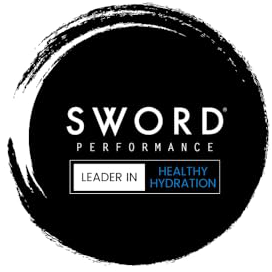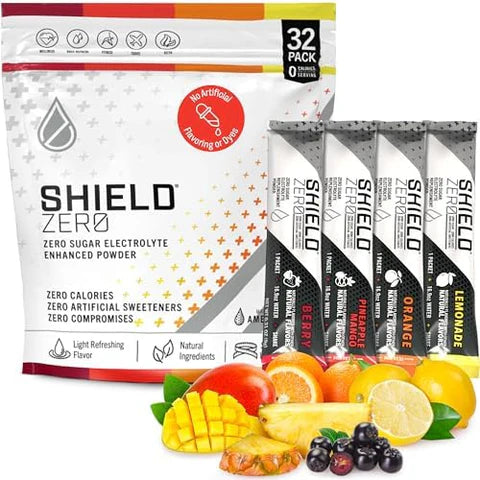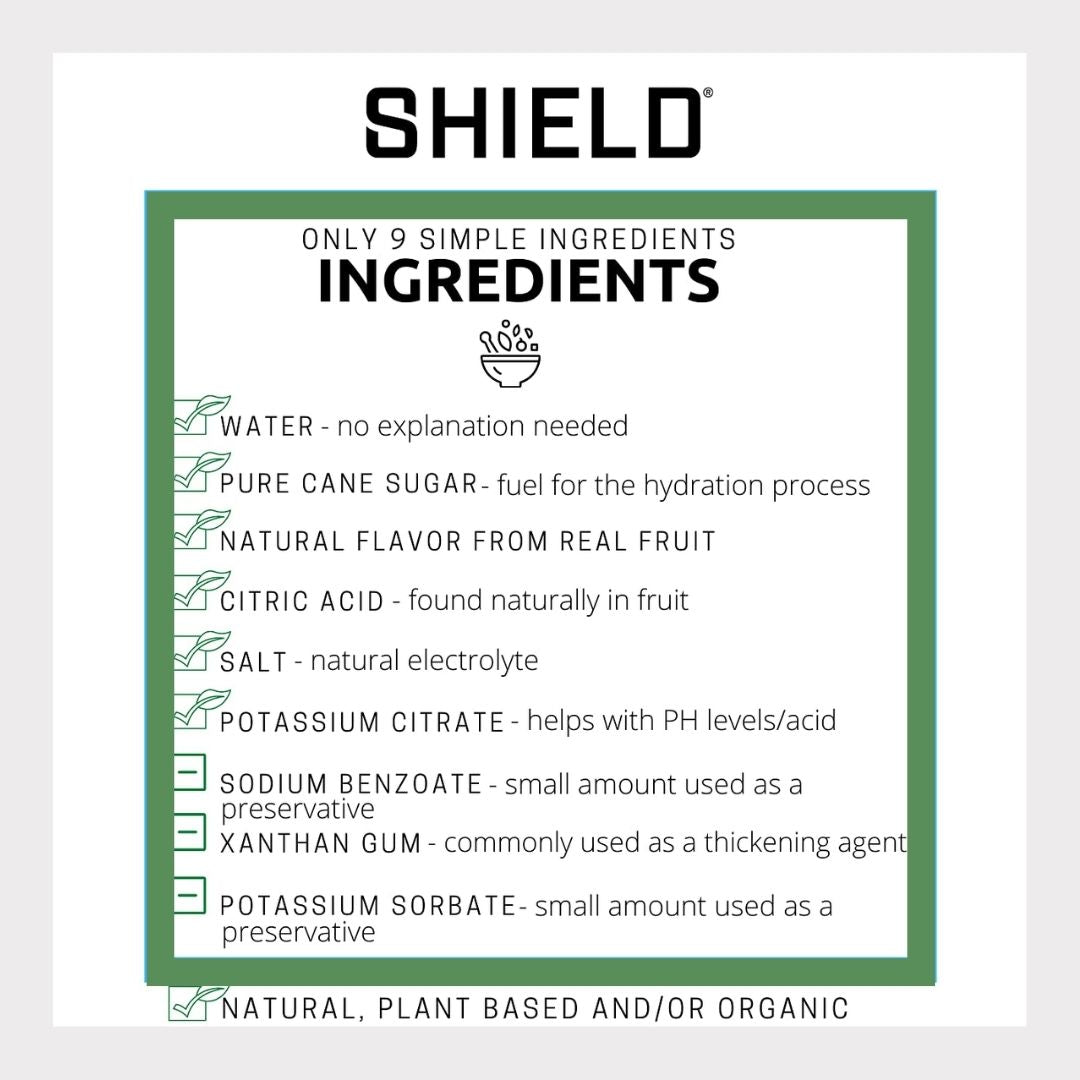
How Much is Too Much? Avoiding Hyponatremia

Hyponatremia is a hot topic of discussion in the endurance world. Simply put, it means “too little sodium in the blood”. The primary cause of hyponatremia is drinking too much during exercise. It can be a very serious, even life-threatening, condition. Fortunately, it is fairly rare and easy to prevent.
Drink to thirst...
During most workouts or races, you can simply drink to thirst. If you feel thirsty, drink. If you don’t, don’t. Most people can tolerate only 1-2% dehydration without negatively affecting performance. You can think of this as the base.
Measure sweat rate and replace what you’re losing...
If drinking to thirst is the base, the ceiling for fluid consumption is found by measuring your sweat rate and replacing what you lose. This is a more precise way to approach your hydration and may become more important in longer races (over 4 hours) and in extreme conditions. There is debate about this, but in those instances, drinking to thirst may not be enough to maintain optimal performance.
In conclusion...
If all of this is confusing, we have a very easy way to stay on track. Weigh yourself before a workout. When you finish, towel off and weigh yourself again. Every pound of weight lost during the workout is equivalent to about 16 oz of sweat. Divide the total amount of sweat lost by the duration of the workout and you have your sweat rate. Your hourly sweat rate also represents the maximum amount of fluid you should consume per hour during exercise. More importantly, you should not gain weight while you are exercising. If you gain weight during your next race, you know you are spending too much time at the water stations.
The bottom line is that exercise is wonderful, and it’s a wonderful way to get more in tune with your body. Listen to it. If you are the sort of person who is pushing the bounds of human endurance you may need to be more strategic. Work with a dietician, coach, or other trusted exercise professional to develop a nutrition plan.
Have fun out there.










